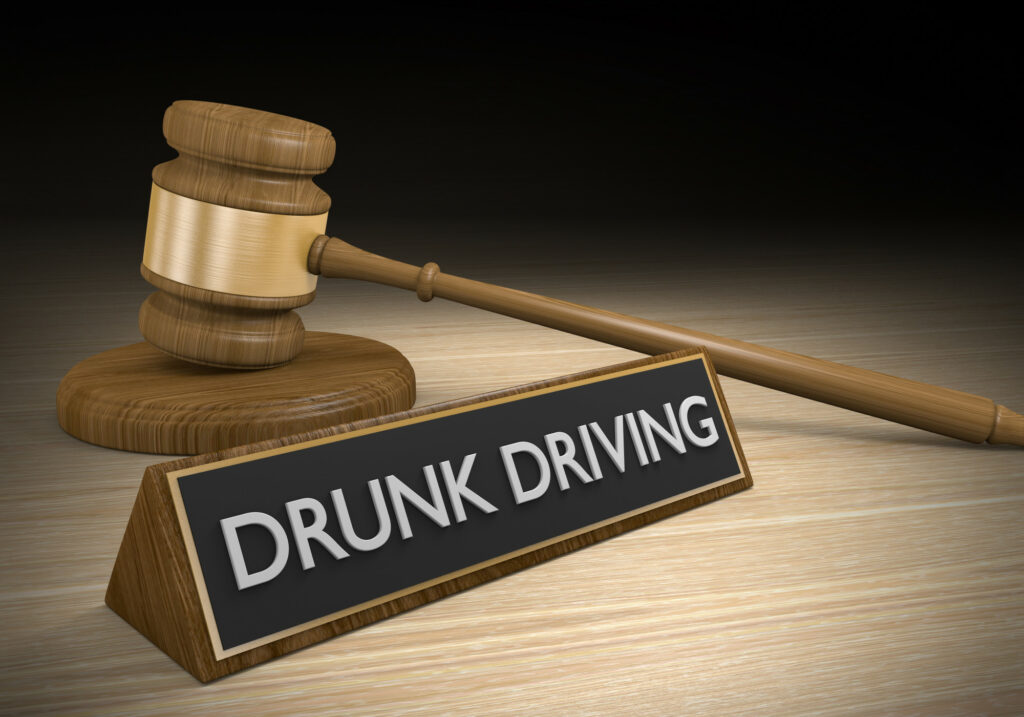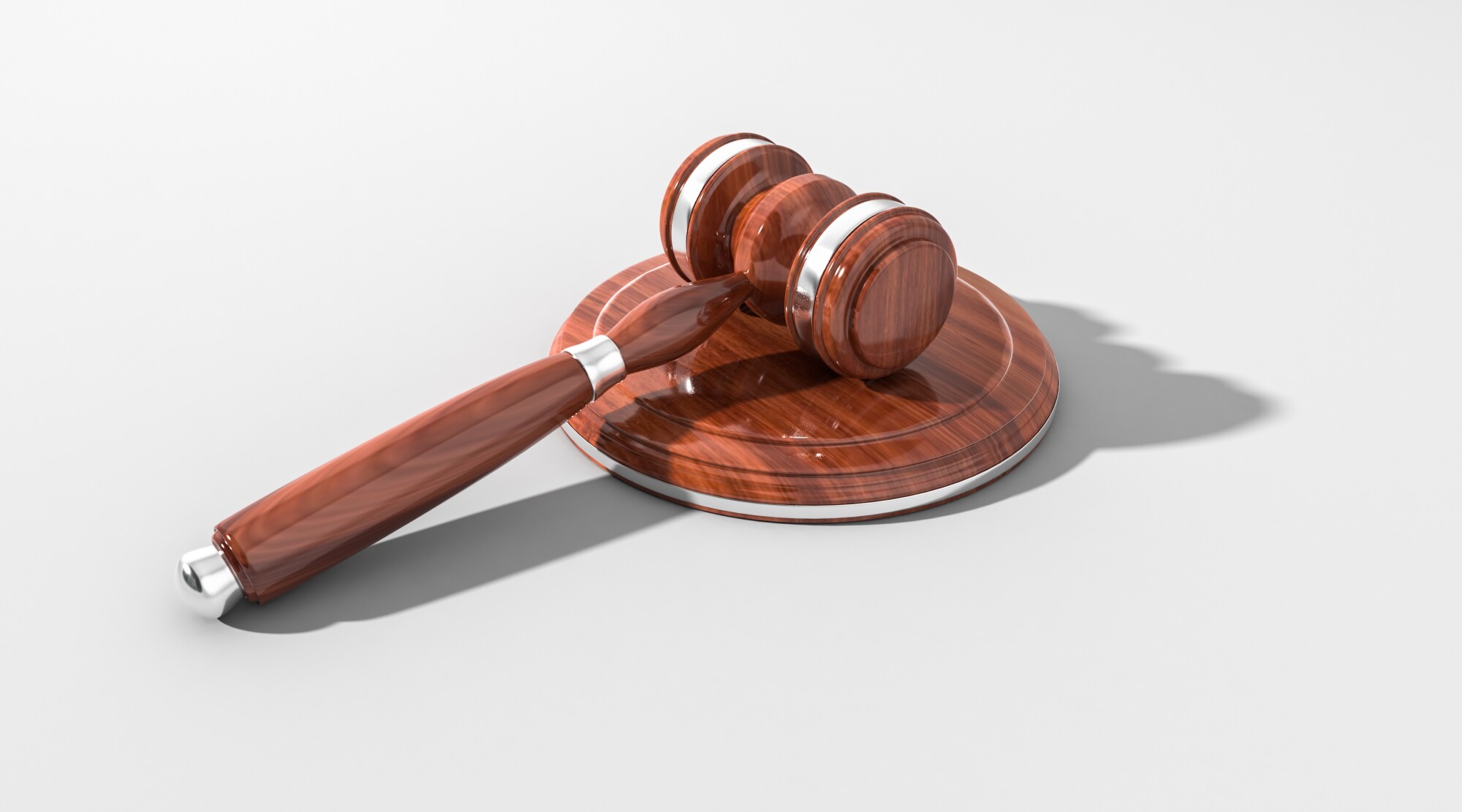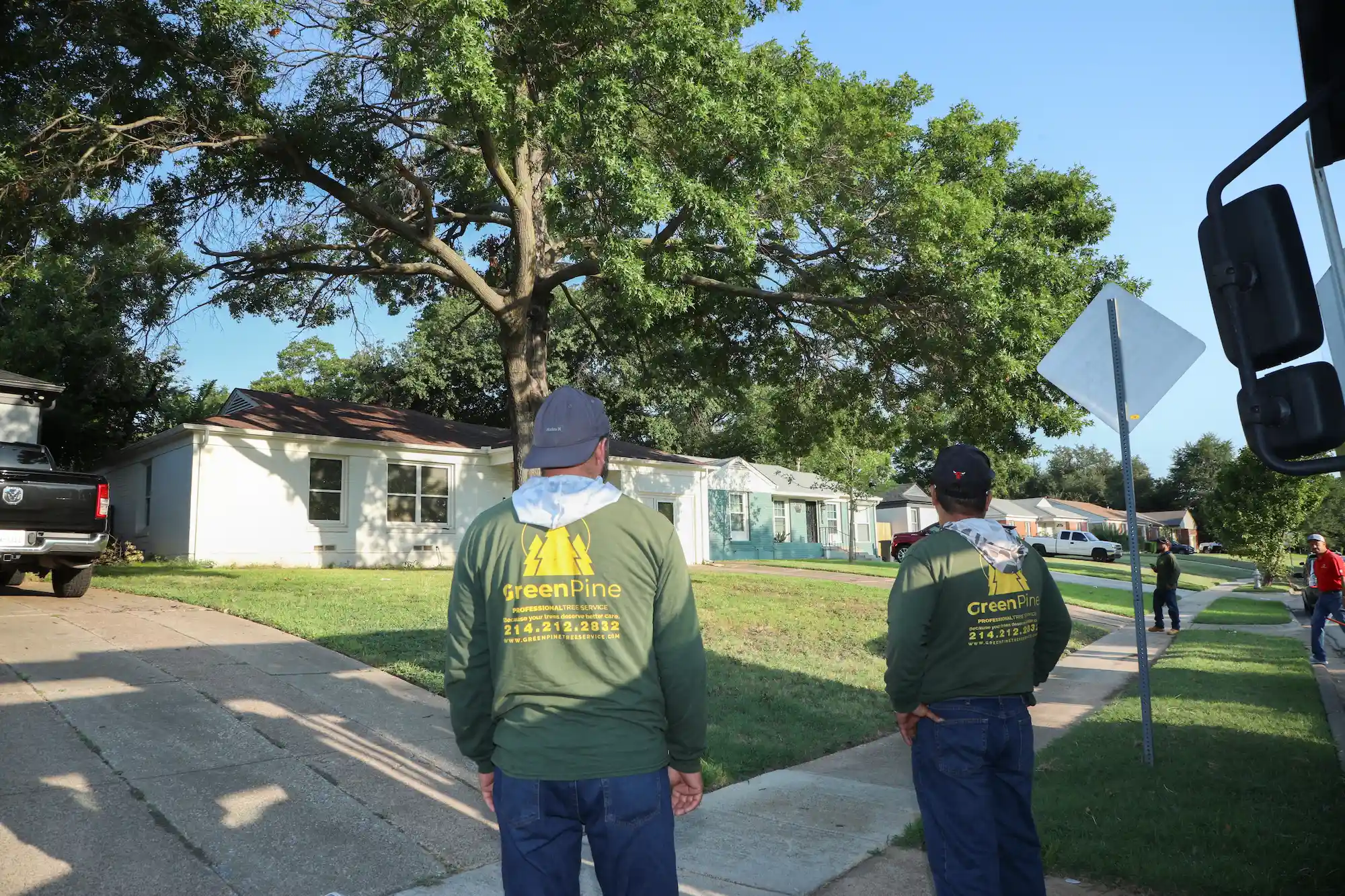DWIs in Texas can come with severe penalties, especially if your DWI involves aggravating factors. These penalties can result in you losing your driving privileges or an extended amount of time in jail.
Fortunately, there are ways for you to expunge or seal your DWI charge so you won’t have to deal with the repercussions of having this type of charge on your record. If you want to learn more about getting this charge sealed or expunged, or you have questions about how long does a DWI stay on your record, continue reading below. We will cover all you need to know about DWIs in Texas and who you can contact for a free case evaluation.
What Is a DWI in Texas?
In certain states, a DWI may mean something different than a DUI. In Texas, a DWI stands for driving while intoxicated and is used interchangeably with DUI. They both mean that someone was caught driving a vehicle while under the influence of drugs or alcohol.
If you have a blood or breath alcohol concentration of .08 and are over 21, you can receive a DWI conviction. Those under 21 caught driving with alcohol in their system will automatically receive a DUI. This is because Texas has a zero-tolerance policy for those who drink and drive under the legal age limit.
Penalties for DWI in Texas
In Texas, the prosecution only needs to prove one of two things in order to convict you of driving while intoxicated. They could convict you if you had blood alcohol or breath alcohol concentration that exceeded the legal limit. The other way they can convict you is if you lack the normal use of physical or mental faculties due to drugs or alcohol in your body.
First Offense
In Texas, your first DWI conviction is considered a Class B misdemeanor which carries a fine of about $3,000 and a license suspension of up to one year. There is also a possible jail sentence of up to 180 days. If your blood alcohol content was recorded as 0.15 or greater, the charge upgrades to a Class A misdemeanor.
The jail time for a Class A misdemeanor goes up to one year, and the fines double up to $6,000. You must also install an ignition interlock on your vehicle.
Second DWI Offense
If you receive your second DWI offense in Texas, you can expect to be charged with a Class A misdemeanor. This carries a maximum fine of $4,500, one year in jail, and your driver’s license will be suspended for up to two years.
Third Offense
If the courts convict you of a DWI for the third time, the charge jumps to a 3rd degree felony. A conviction for this type of offense comes with a ten thousand dollar maximum fine and a license suspension of up to two years.
Because this offense is considered a third-degree felony, you will need to spend time in the federal state penitentiary instead of a county jail. This means that you won’t have the right to vote or the right to possess a firearm.
Fourth Offense
In Texas, a fourth DWI conviction comes with a $20,000 fine and twenty years of jail time. A fourth offense counts as a felony, so you will need to spend time in the federal penitentiary.
DWI with a Child Passenger
Texas considers driving under the influence with a child under the age of fifteen as a state jail felony. Punishment for this type of felony is confinement in a state jail for up to two years, depending on what the court rules. There is also a fine that comes with this that is not to exceed ten thousand dollars.
DWI with Bodily Injuries
Getting into an accident while intoxicated carries severe penalties, but those penalties increase if there are injuries involved. If you caused an accident while under the influence of alcohol and hurt other people, this is considered intoxication assault and a third-degree felony.
Punishments that come with an intoxication assault charge:
- $10,000 fine
- Driver’s license suspended for two years
If the accident caused injury to a peace officer, emergency medical service personnel, or a firefighter, the charge jumps to a second-degree felony.
Intoxication Manslaughter
Intoxication manslaughter, also known as a DWI involving deaths, is a second-degree felony. If your impairment is the main reason for the accident, you can face twenty years in prison with an additional fine of up to $10,000.
Just like the intoxication assault charge, if you caused severe injuries or death to a peace officer, emergency medical services personnel, or a firefighter, the felony upgrades. In this instance, it changes from a second-degree felony to a first-degree felony.
How Long Does a DWI Stay On Your Record?
So how long does a DWI stay on your record? A DWI can remain on your record forever if you don’t do anything to either seal or expunge your record. Even after a few years of having a DWI on your record, you may think it will fall off your record, but that is not true. It takes about ten years for the DWI charge to become “stale,” but up until then, having a DWI on your record can prevent you from getting a good job, having custody of your children, or renting a house.
How to Have Your DWI Sealed in Texas
There are certain instances where you can have your DWI sealed in Texas. Before you can qualify to have it sealed, you must at least wait two years. Under Section 411.0731 of the Government Code, you can submit a petition to have your DWI sealed in cases where this was your first offense, and there were no other aggravating circumstances.
Other cases where you can petition for nondisclosure:
- You paid all of the applicable court-imposed costs and fees
- You are not in deferred adjudication for another offense
- Your blood alcohol limit (BAC) was lower than 0.15
- You did not receive another criminal conviction since the DWI
- You served your full sentence
Granted the court accepts your petition, your record will be “sealed” against landlords, employers, or others who conduct a background check on you. There are instances where you must disclose your sealed records.
For example, if you plan to work with children, or the elderly, as a lawyer, or at a government agency, you must inform them about your sealed records. Those who wish to legally obtain a conceal and carry permit or purchase a firearm must disclose the information on their sealed records.
How to Have Your DWI Expunged in Texas
In Texas, there is a chance that you could have your DWI conviction expunged from your record within two to five years after the conviction. The main difference between expunging something from your record versus sealing is that expungement wipes the DWI off your record like it never existed.
Cases where you can have the DWI expunged from your record:
- You were arrested for the DWI but did not receive a conviction
- You pleaded down to a lesser charge such as “reckless driving”
- The court dismissed the case
- The court deemed you “not guilty” of the DWI charge
If you received a DWI conviction as a minor but you fulfilled all of your required court orders, you can file for expungement. Another situation where you can ask to have the DWI completely removed from your record is if you were granted adjudication and you completed the required probation.
Should I Hire a DWI Lawyer in Texas?
Although you technically don’t need to hire an attorney to handle your DWI charge, you may still want to consider seeking an opinion of a reputable DWI lawyer in Texas. You can seek help from a public defender, but they won’t be able to dedicate too much time to your case. They already have dozens of other cases they have to tend to, so they may not be able to get you the best deal possible.
Benefits of Hiring a Private Defense Attorney
As mentioned above, working with a public defender may not yield the results you deserve because these attorneys are typically overloaded with several other cases. When you partner with a reputable DWI attorney in Texas, they will make sure to dedicate adequate time to handle your case. DWI charges come with severe penalties, and having the right attorney on your side can help you reduce or dismiss your charges, depending on your situation.
Experience with Similar Cases
Reputable DWI attorneys have experience handling cases like yours. This means they understand the court proceedings and the type of defenses they can use to protect you and your interests.
Your attorney will thoroughly evaluate your case to see if there are any discrepancies they can fight. Even if this is your first offense, you may want to reach out to an attorney to see what best course of action you should take.
More Resources
In addition to having adequate time to dedicate to your case, private attorneys also have access to better resources. Most attorneys have teams of people that work on your behalf to keep your case moving in the right direction. They may have paralegals who will follow up with you with information about your case or who will make important phone calls to other parties for you.
They Can Offer You Objectivity
Receiving a DWI charge is scary and can come with a slue of uncomfortable and unfamiliar feelings. Your first instinct may be to plead guilty so you can receive your punishment and move on. Fighting the legal system on your own is very intimidating and scary, so navigating that space alone is not ideal.
DWI attorneys don’t have the same emotions attached to the case as you do, giving them an upper hand. They can look through your case and make the best defense possible for your situation.
How to Find the Right DWI Attorney
A quick online search for DWI attorneys in Texas will most likely yield many different attorneys. This can quickly become overwhelming, so instead of playing attorney roulette, there are a few things you should look out for.
Check Out Their Reviews
Once you have a few attorneys in mind, take a look at their reviews. Although the reviews on their website can provide you with some information, it would be best if you checked out third-party review websites.
For example, you can use the Better Business Bureau or Yelp to see what other clients did or did not like about working with a specific attorney. This method can help you gauge how the law firm operates, but if you want to learn more about them, schedule a consultation.
Ask Them Questions
Although walking into a law firm may feel intimidating, the attorney and their staff members should do everything they can to make you feel comfortable. Don’t be afraid to ask them questions about their processes and who will also handle your case.
As mentioned earlier, most reputable attorneys have a team behind them helping move your case along, so it helps to know who to reach out to if you have concerns. Make sure you also ask them about their pay structure.
At the end of the day, you are hiring them to do a service for you that you have to pay for. Knowing the costs upfront will help you understand what to expect from the process.
Hire the Best DWI Lawyer in Texas
Now that you know the answer to “how long does a DWI stay on your record?” it’s time to work on getting that DWI off of your record. Depending on your situation, you can have your DWI expunged from your record or sealed from the eyes of an employer or other parties who run a background check on you.
Having a DWI show up on your record can prevent you from getting the housing you need or a job to keep yourself afloat. If you are currently facing a DWI charge or need help expunging or sealing the DWI from your record, give us a call today to see what options are best for you.



















